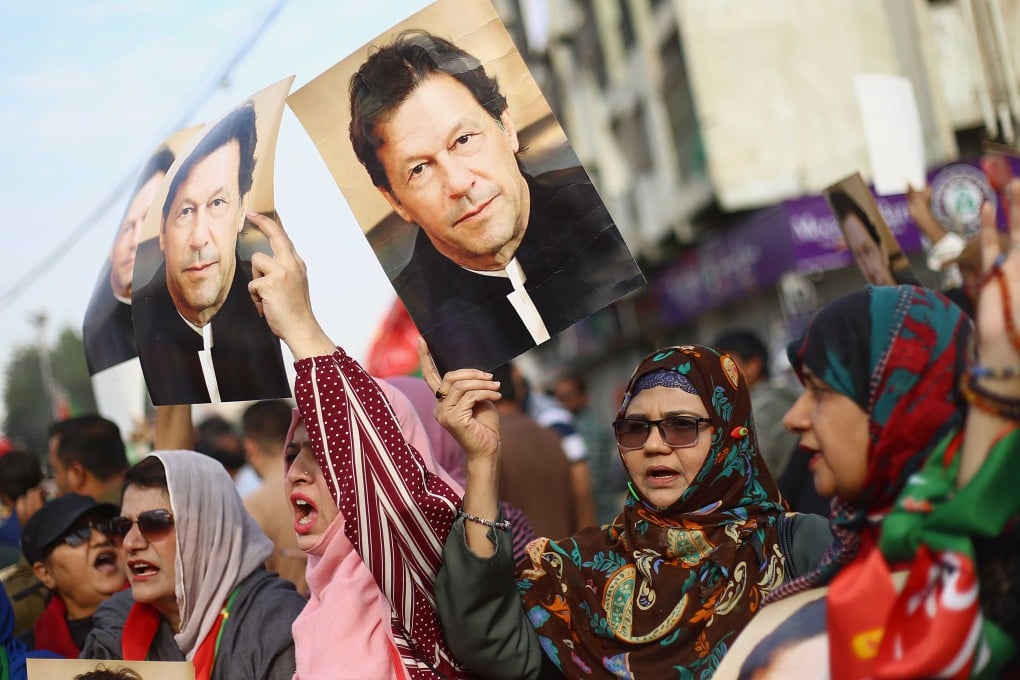Opinion | Bangladesh’s uprising offers lessons for Pakistan’s democracy
As Pakistan struggles to keep its military out of politics, the actions of Bangladesh’s army last month point to an alternative approach

As Bangladesh’s South Asian neighbours gain inspiration, the role of the Bangladeshi army has unsurprisingly come under scrutiny. Their measured response and refusal to use force against civilians stands in stark contrast to the historical and contemporary actions of the Pakistan army.
In contrast, Bangladesh has charted a different course since its return to parliamentary democracy in 1991. The country’s military has largely refrained from direct political involvement. A pivotal moment came in 2007 when the then ruling Bangladesh Nationalist Party attempted to manipulate elections.
The military supported an interim caretaker government, ostensibly influenced in part by international pressure, particularly the UN reportedly threatening to exclude Bangladesh from peacekeeping missions if they engaged in election tampering.

